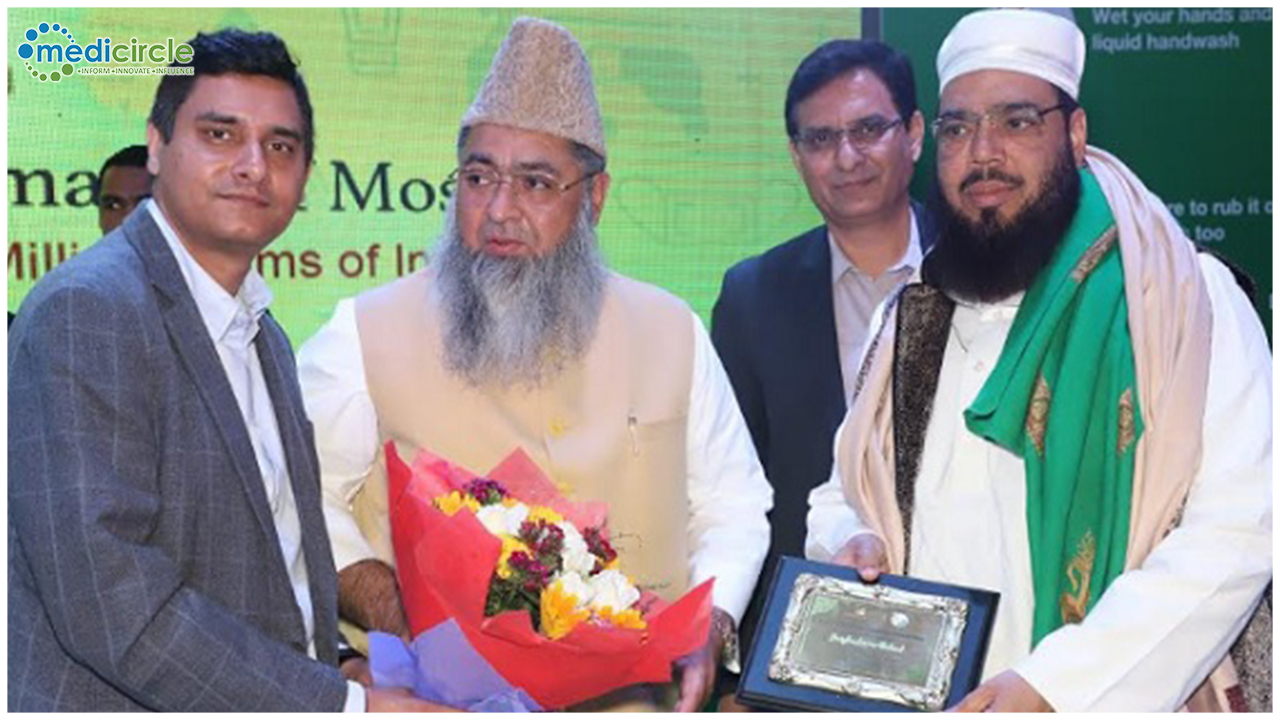Reckitt Benckiser, the world’s leading consumer Health and Hygiene Company, after a successful launch of its Dettol Banega Swasth India Handwash Digital Curriculum recently announces the second phase of the program in collaboration with the All India Organization of Imams of Mosque. The program in its first phase successfully influenced the lives of 1,00,000 children through a holistic hygiene education program.
According to the World Health Organization, poor hygiene practices are believed to be the main cause of death among children under five years. Significantly, primary research showed that there is a huge difference in knowledge (50%), attitude, practice (32%) and behavior around handwashing among kids in Madrasas. With the initiative, we aim to create a positive impact on children and ensure we create a shift in knowledge from 50% to 90% in year two.
The program is aimed at gaining mindshare and turn the best hygiene and sanitation practices into natural habits among the school children across various regions in rural India. It is conceptualized keeping in mind the background, acceptance and the current academic curriculum of the kids. The video-based learning program is available for the children in both Urdu and Hindi. In its second phase, the program will improve knowledge.
Salient features of the program:
The module included as a co-curricular/extra-curricular activity in schools.
The module provides innovative ways of engaging children through text and audio-visual content, training, games, etc.
The content of the modules/capsules can be tailored for schools across government schools across peri-urban, rural and backward regions
Three-level of modules are in place for different grades elementary, intermediate and high school
Modules are available in 7 languages and are translatable in various regional languages
Elated on the launch, Ravi Bhatnagar, Director External Affairs and Partnerships, RB Health India, said, “We are proud of the impact created by the initial year of Paigham-e-Sehat in creating knowledge, behavior, attitude, and practice of the hygiene and handwashing across Madrasas. This year we are focusing on driving behavior change through collective community efforts. Consequently, we will execute this campaign in a phased manner to sensitize about 6 crore children in over 5,50,000 madrasas in India, over a period of five years. I strongly believe that this effort would help boost the movement we have gathered to reach the desired goal of overall cleanliness (सफाई) and health (सेहत).”
Commenting on the development, Hon’ble Dr. Imam Umer Ahmed Ilyasi, Chief Imam of All India Imam Organization said, “Education is the catalyst to social change and one of the most critical areas of empowerment for children. We are proud to embark phase II of our partnership for Dettol Banega Swasth India Handwash Digital Curriculum. After witnessing the success from phase I wherein the program effectively impacted lives of 1,00,000 children, we are confident that our collaboration will ensure outreach to many more children resulting in a healthier India.”

 To drive behaviour change communication, the program is aimed to reach 5,500,00 Madrasa schools across India
To drive behaviour change communication, the program is aimed to reach 5,500,00 Madrasa schools across India











.jpeg)

.jpg)





.jpeg)

.jpg)





.png)



